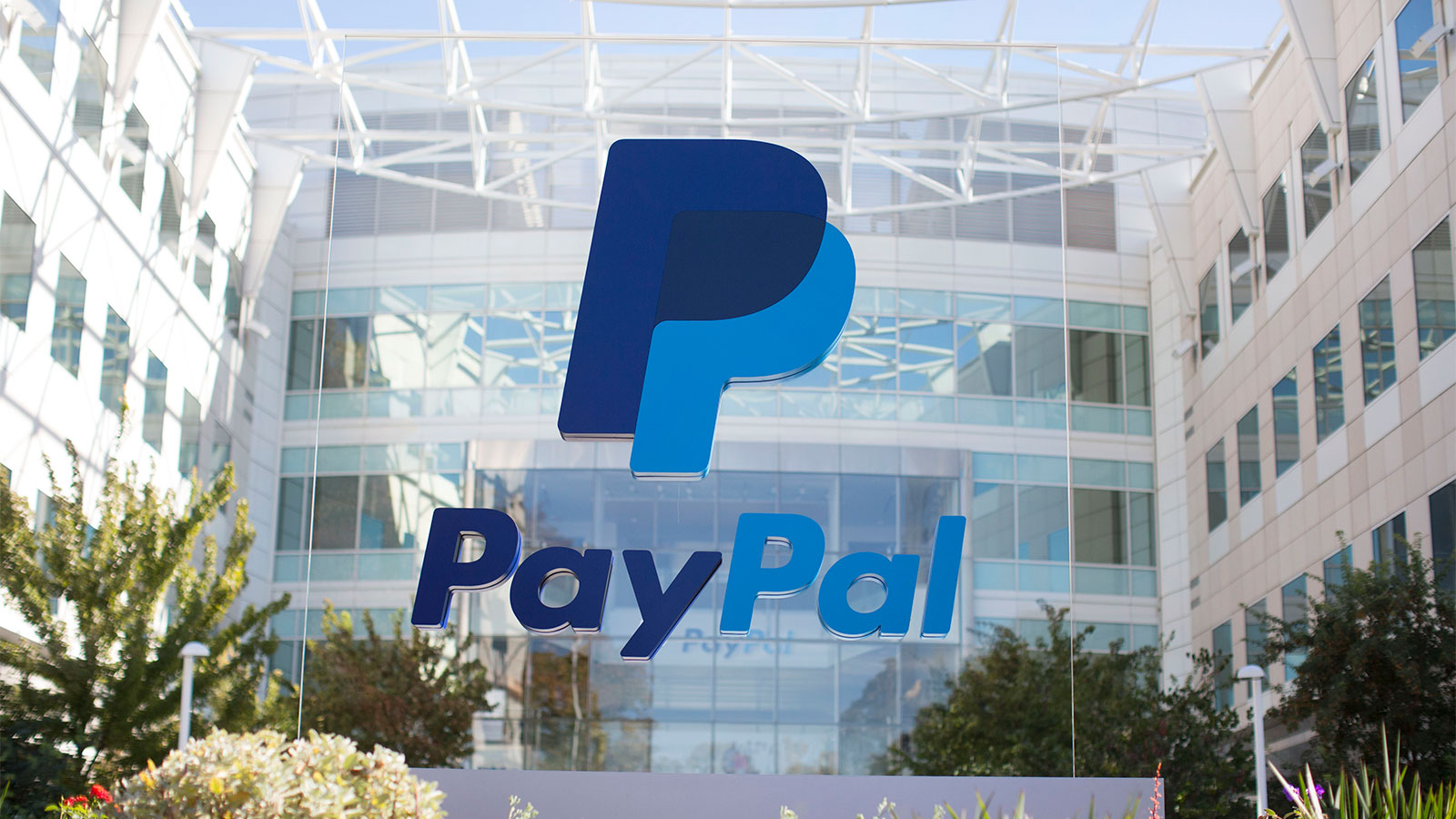July 20, 2025 — Global Business & Fintech Desk
In a move that could reshape how billions of people send and receive money internationally, PayPal has announced major integrations with digital wallets in China and India, aiming to dramatically simplify cross-border payments across two of the world's largest emerging markets.
The strategic move allows PayPal to tap directly into platforms like Alipay (China) and Paytm (India)—bringing seamless, localized payment options to over 2 billion consumers and businesses who are increasingly transacting across borders.
A Game-Changer for Cross-Border Commerce
The initiative comes as global digital commerce continues to expand, but cross-border payments remain costly, fragmented, and often slow—especially in emerging economies.
By linking with popular domestic wallets, PayPal aims to cut transaction friction, reduce fees, and provide faster, more accessible international payment services for users who were traditionally underserved by global banking systems.
“Our mission has always been to democratize financial services,” said PayPal CEO Dan Schulman.
“Connecting with wallets in India and China is a natural step in making global commerce work for everyone, not just those with international credit cards or bank accounts.”
How It Works
Through these new integrations, PayPal users outside of India and China will be able to send funds directly to recipients' local wallets (such as Paytm and Alipay), while businesses in those countries will now have easier access to global customers and currencies.
Key features:
-
🌍 Send money directly to Indian and Chinese wallets from 200+ countries
-
💸 Lower currency conversion and remittance fees
-
⚡ Faster processing times, often within minutes
-
🛒 Support for e-commerce and peer-to-peer transactions
For example, a freelance designer in Mumbai can now be paid in USD via PayPal, which automatically deposits the amount into their Paytm wallet in INR, reducing the need for a traditional bank intermediary.
Why India and China?
Together, India and China account for nearly 40% of the global population and have some of the most active digital payment ecosystems in the world.
-
India is home to over 500 million digital wallet users, led by platforms like Paytm, PhonePe, and Google Pay.
-
China has long been a leader in digital payments, with Alipay and WeChat Pay dominating daily transactions for over 1 billion users.
Until now, cross-border functionality for these users remained limited—especially for freelancers, small businesses, and migrant families. PayPal’s move is expected to unlock new earning and spending potential across borders.
Global Impact: A Step Toward Financial Inclusion
Fintech experts are calling this a major leap toward global financial inclusion, especially for gig workers, e-commerce sellers, and remote service providers in Asia.
“This could be transformative for small business owners, creators, and digital nomads,” said Rina Patel, a fintech analyst at EastWest Capital.
“It's not just about sending money—it’s about unlocking participation in the global economy.”
The move may also place pressure on competitors like Stripe, Wise, and Western Union to improve integration with regional wallets and lower cross-border fees.
What’s Next?
PayPal says the rollout will begin with Alipay and Paytm in the coming months, followed by expanded integrations with other mobile wallets across Southeast Asia, Africa, and Latin America.
The company is also exploring blockchain-based technologies to further streamline international payments in the future, particularly for underbanked populations.
By bridging global PayPal infrastructure with beloved local wallets in China and India, the company is not just simplifying payments—it’s helping build a more connected, inclusive, and accessible financial ecosystem for billions of people.
In a time when digital business knows no borders, PayPal is ensuring that money doesn’t either.

